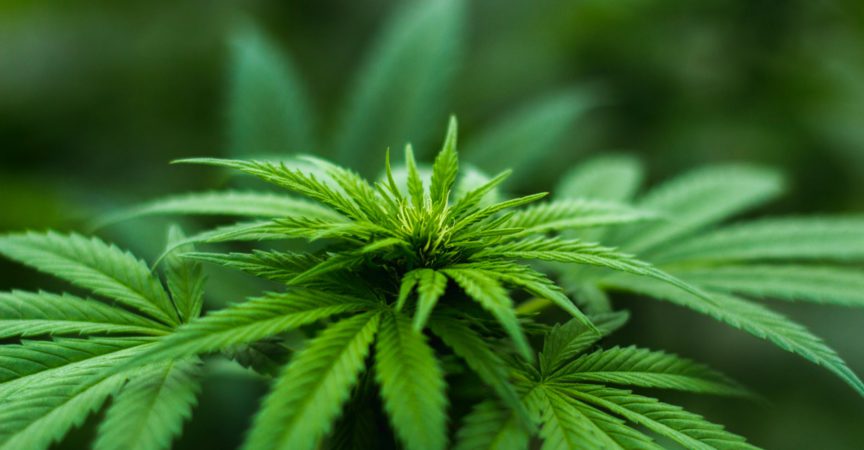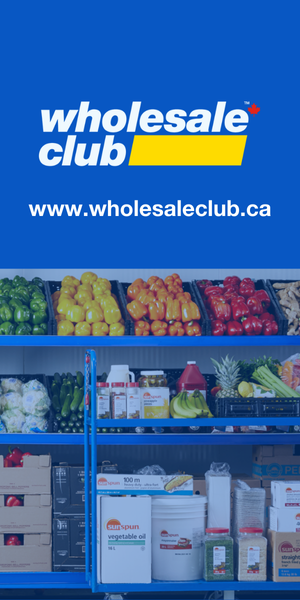Cannabis In Foodservice The Next Big Thing: Edibles
The growing, production and retailing of two products are permitted today: dried cannabis for vaping and cannabis oil (mixed and diluted). In the future it is possible we’ll see more categories and classifications to be able to sell edibles in the market.
Norman Wright, former senior executive of British American Tobacco, heads up national retail sales for Starseed. Sometime in 2019 (according to the federal government’s timeline on the legalization of cannabis edibles), it will be his job to get Starseed products to market on edibles. This will involve partnership building with the provinces and getting supply agreements in place for when the operations become legal in Canada. “The way in which the markets are looking, each province has a slightly different…route to market,” says Wright. While all provinces will control distribution (wholesaling), some will also control the retail locations, like in Ontario similar to the liquor board, while in others there will also be private retailers involved.
Western Canada is shaping up to be more of a private market, allowing the sales of medicinal cannabis into the retail space. The west is more retail private-friendly. In Eastern Canada, cannabis will be more government controlled.
How might recreational cannabis be sold in foodservice establishments? The use of recreational cannabis will take place in establishments similarly to alcohol and tobacco. Today, Wright can only speak about the markets he has seen in the US, and we can only broadly speculate about the Canadian market. Edibles regulations are still being built, so we have to look to established markets like Colorado, where edibles are in full bloom. From what Wright has seen in Colorado, edibles is a big piece of the marketplace. In established markets, restaurateurs are very much involved. They are licensed and creating cannabis-infused menu items.
The laws in Canada are still being drafted and over a year away. Nevertheless, Wright says that foodservice operators should have this on their radar. There are opportunities for diversifying, for creating products and spaces where the product can be enjoyed. If restaurateurs aren’t thinking ahead, they run the great risk of missing out on a watershed moment in Canadian foodservice.
The market in Colorado is booming. As far as how they use the products, “everything is driven by the consumer,” says Wright. He has visited Los Angeles also and witnessed the onset of edibles. “To see the lineups to get into these retail places to buy the product…It’s going to be a beast!”
Restaurateurs need to look ahead and be proactive. A year is not a long time in business. “The sky’s the limit,” says Wright about the potential impact on the Canadian economy. “I think it will be a fantastic shot in the arm for each of the provinces,” which Wright says comes at the right time. “I’m happy to be part of this industry.” He gives the government and Canadians credit for the foresight and the speed at which legalizing is happening.
Wrights best advice to foodservice operators: “Go visit some of these other markets. Don’t wait for it to come. It’s out there already, go ahead and have a look.”
The Parliamentary Budget Officer issued a report that estimated annual demand for recreational pot to be between 650 and 690 tons in Canada. This represents a total retail market of $5.5 to $5.8 billion. Put into context, this is nearly two and a half times the annual spending at all pubs, bars and nightclubs in Canada. There is clearly strong interest in trying cannabis edibles. Having them on the menu could provide enough of a novelty to attract new customers.
One area that may provide future additional sales growth for restaurants is cannabis edibles. A study by Dalhousie University of nearly 1,100 Canadians found that 39 percent of respondents would try cannabis edibles if available in restaurants. The legalization date for edibles remains unclear. As it stands now, it is 2019. Still, this opens doors to a new, exciting trend in the restaurant industry.










